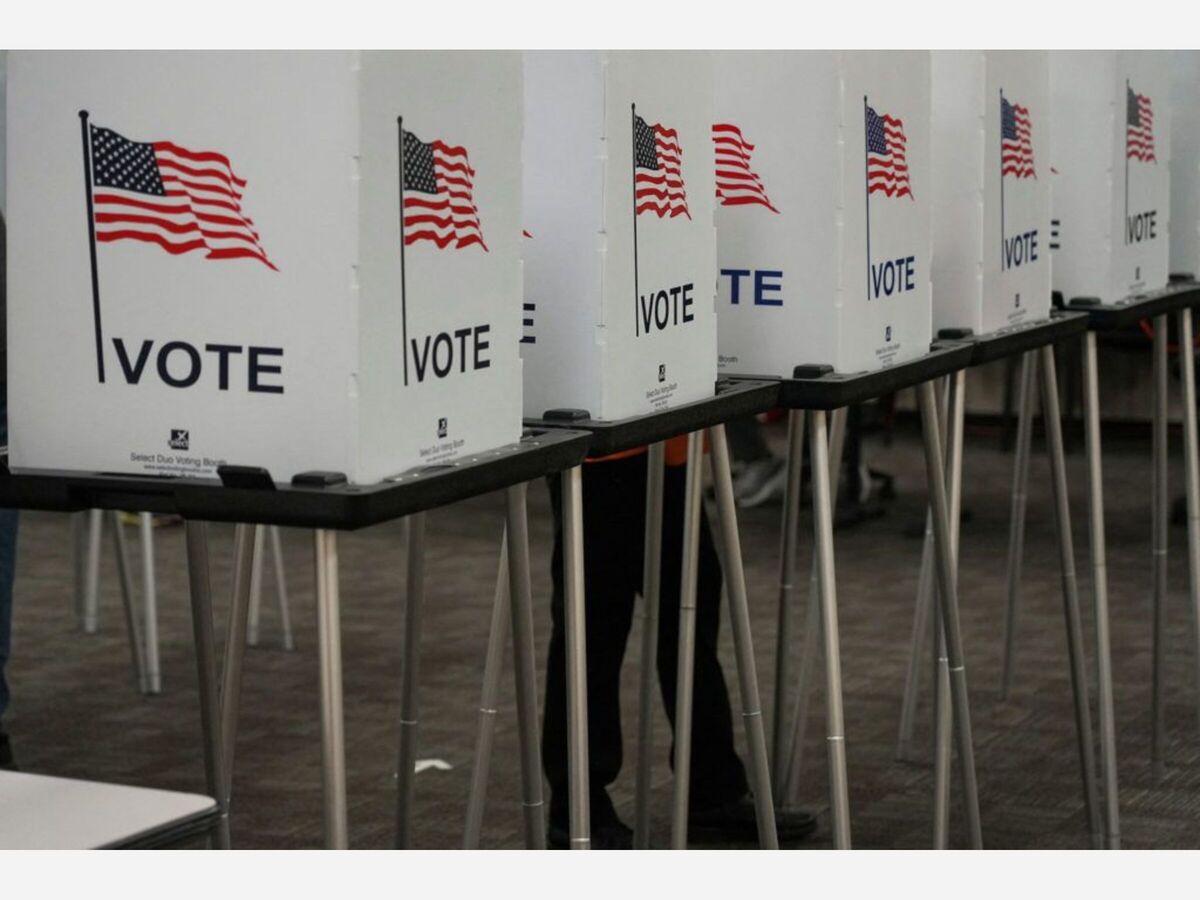The 2022 midterm elections made history across the nation and various states. It was a big year for people of the LGBTQ+ community, women, people of color, and young voters.
Maura Healey was elected governor of Massachusetts. She is the first woman elected governor of the Commonwealth. She won 63.5% of the votes, making this a landslide victory. Her opponents hardly came close, Geoffrey Diehl winning 34.9% of votes, and Kevin Reed winning 1.6%.
After being the first openly gay attorney general in the country since 2015, Healey has confronted many different issues like the opioid epidemic, rising healthcare costs, workers’ rights, and criminal justice reform. Her office was the first in the state to offer six weeks of paid family leave to all employees.
As governor, Healey promises to uphold and protect abortion rights, relieve taxes for low-income households, fight the climate crisis, make housing more affordable, and improve infrastructure.
Healey was also the first openly gay person to be elected as governor of any US state, not just Massachusetts. Days after Healey’s confirmed win, however, Oregon announced the winner of their governor election, Tina Kotek, who is also openly gay.
Kotek was the first openly lesbian person to serve as a speaker of a state house in the United States. She was also the longest-serving speaker in Oregon history.
The first openly transgender man to be elected to a state legislature was elected in New Hampshire. James Roesener also identifies as bisexual and is only 26 years old. He has spoken out against the overturning of Roe v. Wade.
The first member of Gen. Z has been elected to Congress this year. Maxwell Frost is from Florida, a state that has infamously passed many conservative bills in the past few years. Despite this, the Democrat has said, in an interview with NPR, that the only way to solve any problems is to sit down and talk with the other two Republican Congressmen in his state.
Frost also talked about the “red wave” that many people anticipated. This “red wave” was supposed to result in more Republicans being elected to both the Senate and the House of Representatives. However, Democrats retained the majority in the Senate, and Republicans only won the House by a slim majority.
Many people have credited the prevention of the “red wave” to younger voters. Younger voters tend to have more liberal beliefs, and this year was the second-highest voter turnout in midterm elections in 30 years.
There have also been many occasions over the past year where popular conservative leaders have made fun of the broke 20-somethings trying to survive on a wage that isn’t livable. Simply put, young voters elected politicians who would listen to their concerns.
In the end, the Democrats retained control of the Senate and the Republicans gained control of the House of Representatives. This could cause problems for President Biden, as the Republican House may not want to pass legislation he has aimed toward. It’s also a problem for Republicans if the Senate and House cannot agree on legislation. Only time will tell how this will play out.























